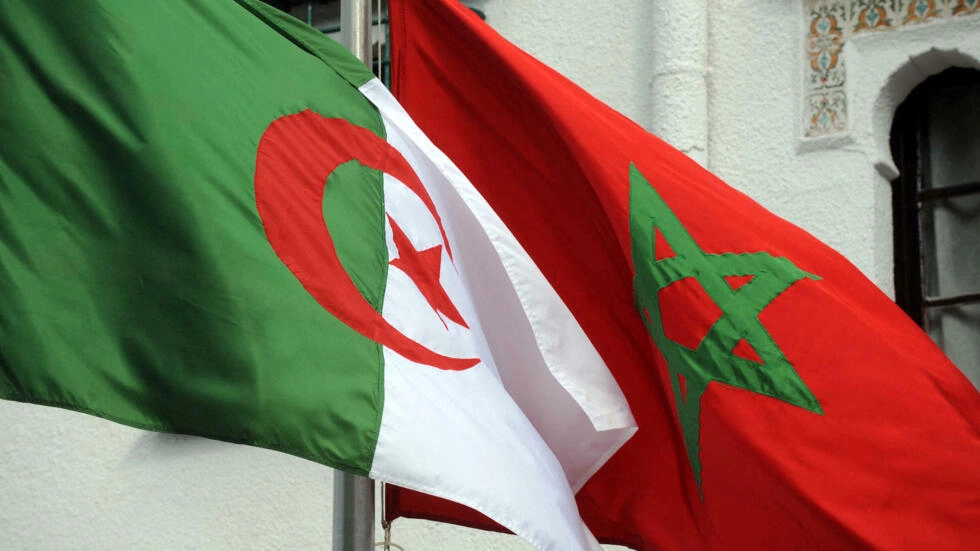International diplomacy is often a subtle game of relationships, alliances, and negotiations. However, when a spark ignites at the heart of this complex web, it can quickly spread into a diplomatic fire with unpredictable consequences.
This is precisely what we are seeing today, as Mali and Algeria, two nations linked by common interests and a crucial peace agreement, stand on the brink of diplomatic implosion. In addition, an unexpected actor, Morocco, added fuel to the fire by interfering in this already tense crisis.
A diplomatic reminder resembling reciprocity
Tension reached a new high when Mali recalled its ambassador to Algeria, citing the “principle of reciprocity.” This decision, announced on December 22 by the Malian Ministry of Foreign Affairs, is a direct response to acts deemed “unfriendly” and to Algiers’ alleged interference in Malian internal affairs.
The Malian ambassador to Algeria was recalled for consultation, but no information was available regarding a similar recall of the Algerian ambassador to Bamako. This diplomatic escalation was preceded by meetings between the Algerian ambassador and Tuareg separatists, without the involvement of the Malian authorities. Algeria also received Imam Mahmoud Dicko, an influential Malian figure critical of the power in place.
Algerian diplomacy in question
The Algiers agreement, signed in 2015, is one of the pillars of Algerian mediation aimed at bringing peace to northern Mali. However, this agreement has been seriously compromised since the resumption of hostilities in August 2023. Algeria’s recent actions appear to have irritated the Malian authorities.
In response to criticism, Algerian Foreign Minister Ahmed Attaf recalled that Algeria was committed to three fundamental principles: territorial integrity, sovereignty and national unity of Mali, the peaceful path to guarantee peace, and reconciliation without exclusion. However, these principles are now contested by the Malian authorities.
The Fragile Context of Mali
Mali is currently going through a delicate period in its history, with a junta in power since August 2020 and growing disagreements within Malian society. Imam Mahmoud Dicko, received in Algeria, is one of the few to openly express his opposition to the regime in place. This fragile situation makes Algerian mediation all the more important to stabilize the country.
Morocco’s interference: an unexpected element
However, it is not just the relationship between Mali and Algeria that is being tested. The shadow of Morocco also looms over this diplomatic crisis. The Malian Minister of Foreign Affairs, Abdoulaye Diop, is currently visiting Morocco, a country with which Algeria severed diplomatic relations in August 2021. This rupture was justified by a series of hostile acts, particularly about the disputed territory of Western Sahara and the normalization of relations with Israel.
The Malian minister’s visit to Morocco raises questions about the kingdom’s involvement in the crisis between Mali and Algeria. Morocco, which claims Western Sahara, has sought to strengthen its ties with African countries, notably by seeking their support in the Western Sahara issue.
The situation between Mali and Algeria is tense, jeopardizing a peace agreement crucial to the stability of the region. While the Malian authorities express their dissatisfaction with Algeria, Morocco’s involvement in this crisis adds a complex dimension to the situation. The future of Algerian mediation in Mali is uncertain, and the consequences of this diplomatic crisis could be profound and unpredictable. The three nations must find common ground to avoid a scenario where uncertainty and instability dominate the region.














